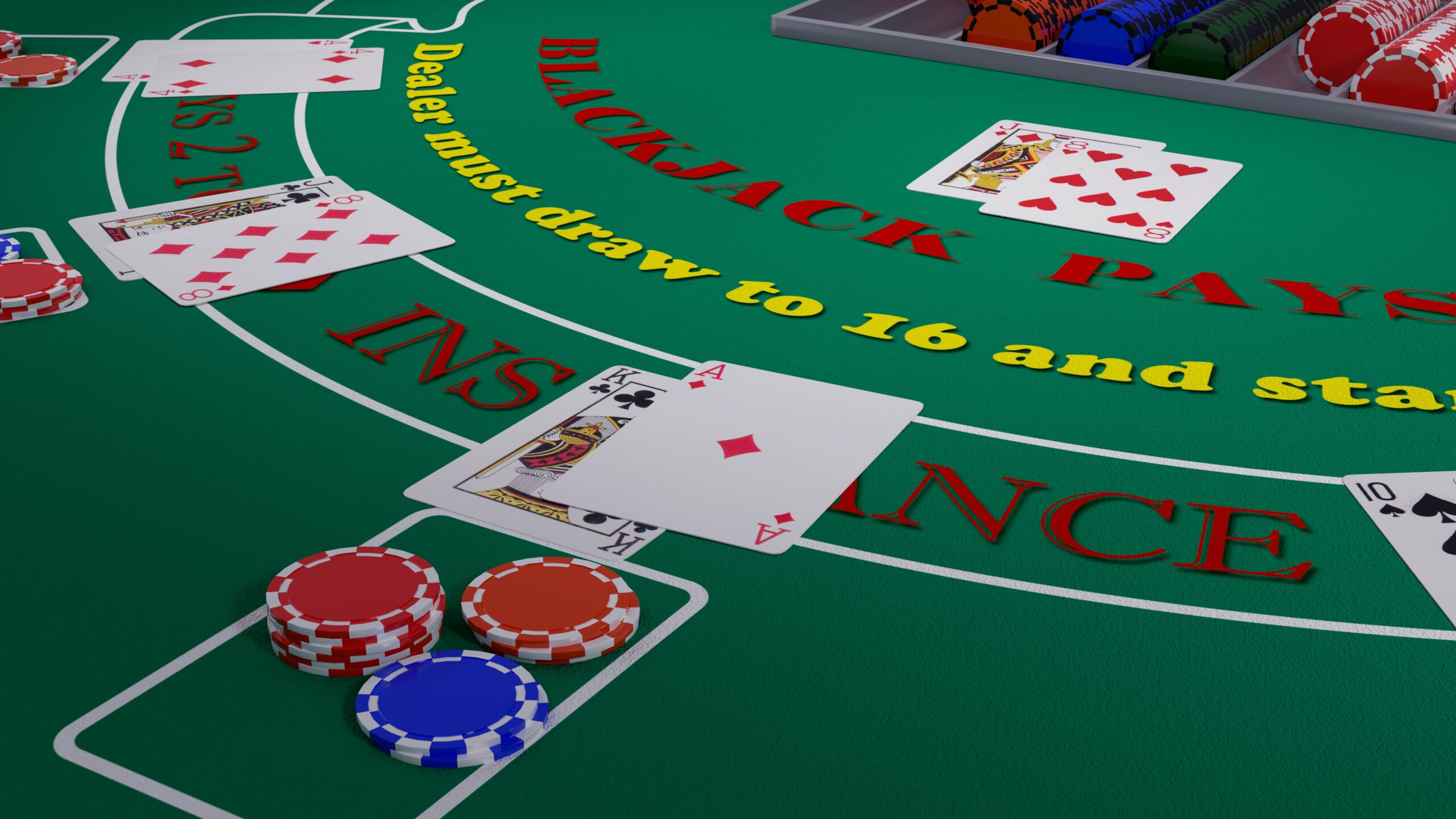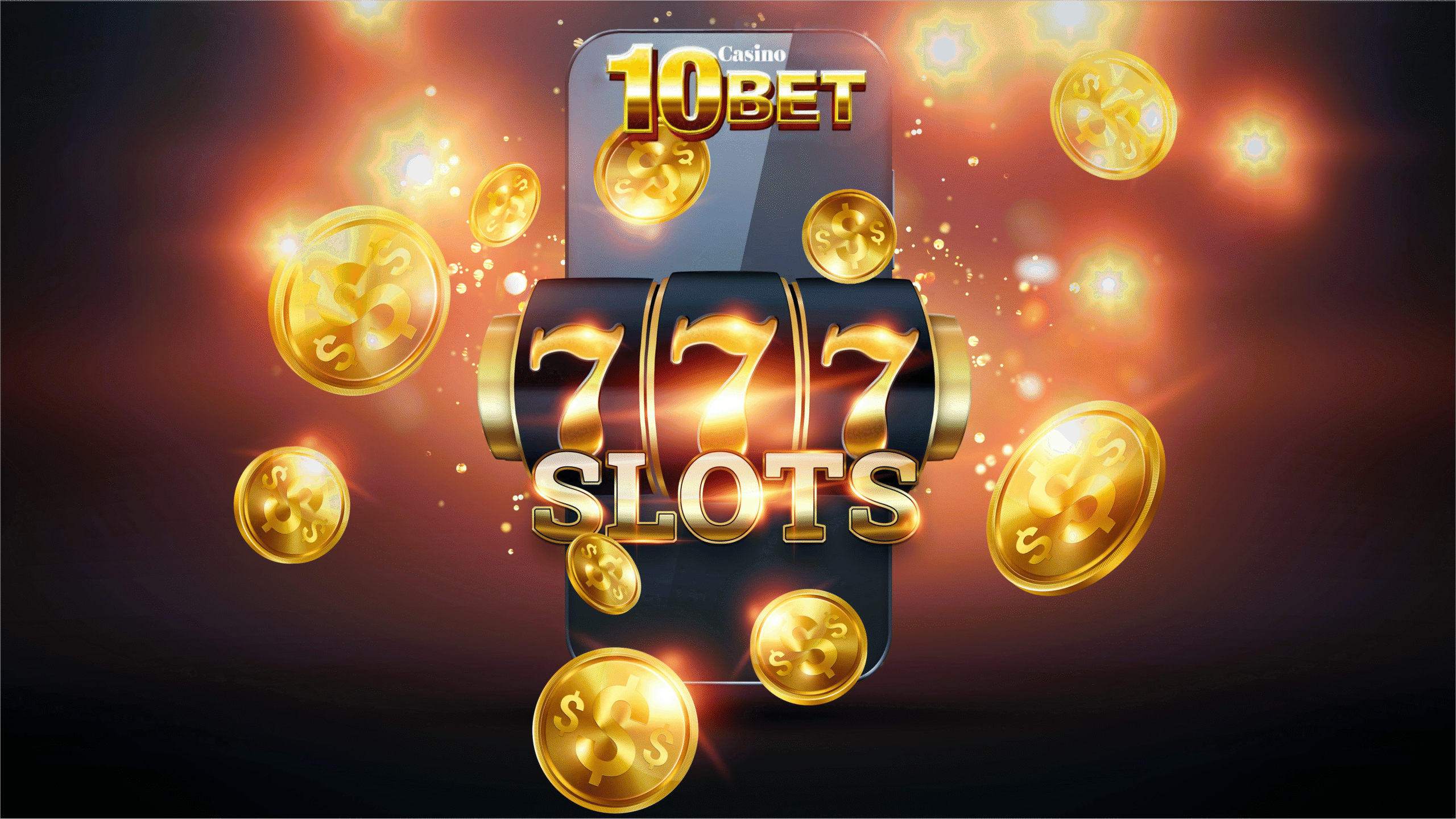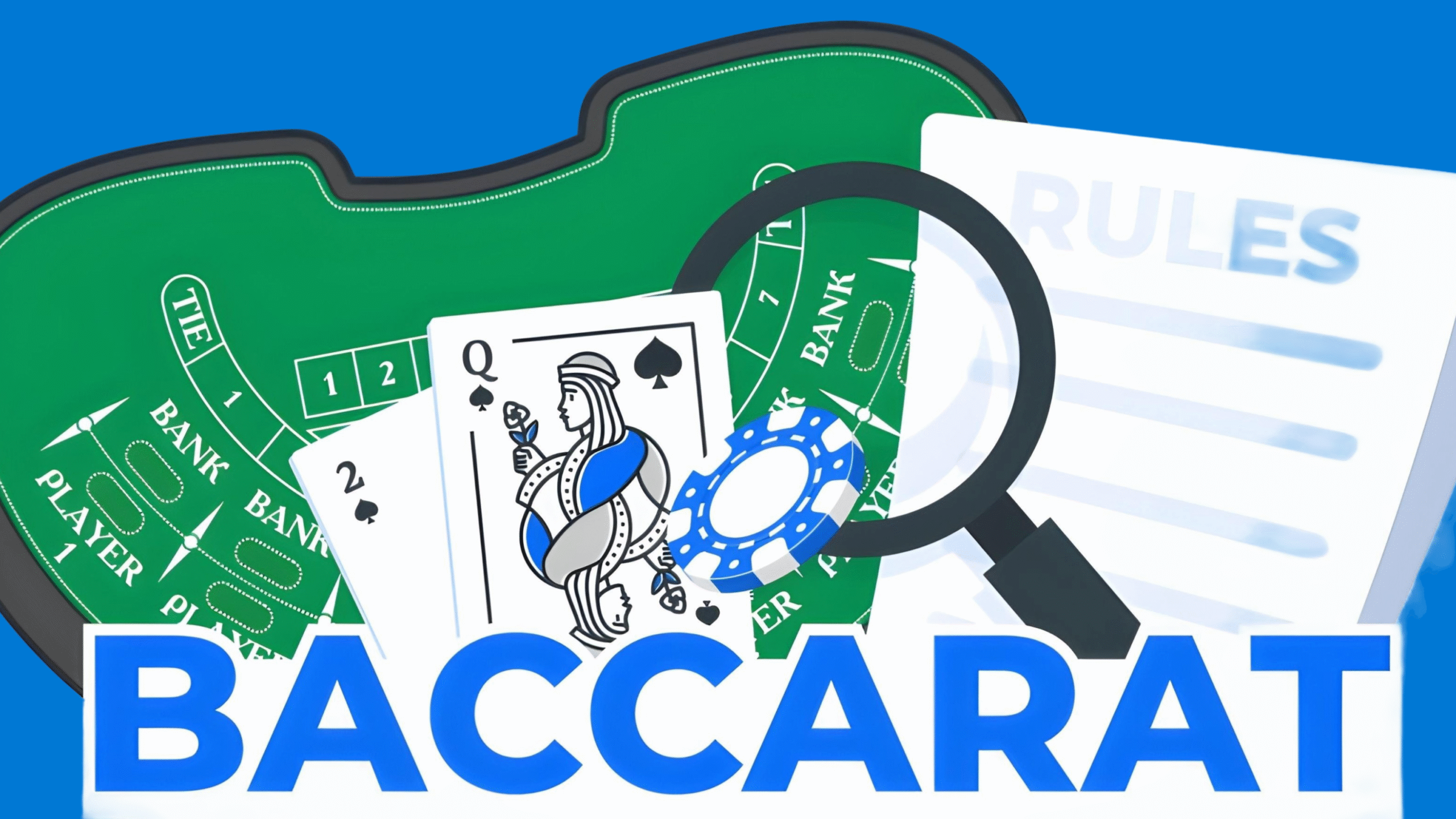Blackjack, known as 21, is one of the most popular and exciting casino games worldwide. It’s a game that not only relies on luck but also on strategy and skill, which makes it appealing to card counters. Card counting in blackjack involves keeping track of which cards have been dealt, giving players an edge over the house. For card counters, finding the right blackjack tables is crucial to maximize their chances of winning. In South Africa, where the casino scene is vibrant, there are a few key factors to look for when hunting for the best blackjack tables.
Understanding Card Counting in Blackjack
Before diving into the best blackjack tables for card counters, it’s important to have a solid understanding of card counting. Card counting is a technique that allows players to gain an edge over the house by tracking the remaining deck. The basic idea is to assign values to each card dealt, usually +1, 0, or -1, and keep a running total known as the “count.” This helps the player determine when the deck is favorable for making larger bets, as they know there are more high cards (10s, face cards, and Aces) remaining in the deck. When the deck is rich in high-value cards, the player has a better chance of hitting a blackjack, which pays 3:2.
The process of card counting involves paying close attention to the cards that have been dealt and adjusting your bets and strategy accordingly. High cards, such as 10s and Aces, increase the odds of getting a blackjack, while low cards (2-6) are more advantageous for the dealer. Neutral cards (7-9) don’t have a significant impact on the overall outcome of the hand, but they still play a part in adjusting the count. The goal is to raise your bets when the count is high, as the deck is more favorable to you. This way, you’re essentially betting more when the odds are in your favor and lowering your bets when the deck is more likely to benefit the dealer.
It’s important to note that casinos are aware of card counting and take steps to counteract it. Some casinos use automatic shufflers, frequent reshuffling, or restrict betting patterns to make it harder for counters to apply their strategies. This is why it’s crucial for card counters to find tables where the rules are more favorable and where the casino isn’t actively trying to thwart their efforts. Deck penetration—the amount of cards dealt before a shuffle—also plays a key role. The deeper the penetration, the more information a card counter can gather, which can make a huge difference in their ability to adjust their strategy.
Ultimately, card counting is a skill that requires practice and discipline. It’s not just about keeping track of the cards; it’s about knowing when to increase your bets, when to play more conservatively, and when to exit a table that might not be ideal for counting. Being able to blend in with other players and not attract attention is just as important as the counting itself. Card counting isn’t a guaranteed way to win, but with the right techniques and the right conditions, it can certainly give players an edge over the casino.
What Makes a Good Blackjack Table for Card Counters?
Not every blackjack table is created equal when it comes to giving card counters a real shot at success. If you’re serious about using your counting skills, you’ve got to be picky. Certain table features can make the difference between a profitable night and one where you’re just spinning your wheels. Let’s break down what you should be looking for — in a detailed list, without all those tiny subpoints — so you know exactly how to spot a table that’s worth your time.
- Deep Deck Penetration
Deck penetration is absolutely critical for card counters. This term refers to how far into the deck (or shoe) the dealer gets before shuffling. The deeper the dealer goes before reshuffling, the better your chances. Ideally, you want tables that deal 75% to 80% of the cards before a shuffle. More cards dealt mean more accurate counts, more opportunities to spot profitable moments, and better decisions on bet sizing. - Favorable Game Rules
The house edge can swing dramatically depending on the specific rules at a blackjack table. Look for tables that stick to the player-friendly standards. Tables where blackjack pays 3:2 are non-negotiable — if you see a 6:5 payout, walk away. Also, tables where the dealer stands on soft 17 (instead of hitting) give players a better edge. Doubling down should be allowed on any two cards, and ideally after splitting as well. Being able to re-split aces is a bonus. These rule tweaks might seem minor individually, but together, they stack the odds a lot closer to your favor. - Low Table Traffic
Crowded tables aren’t just annoying — they mess with your flow. The more players at the table, the slower the game and the harder it becomes to maintain an accurate running count. Plus, with more cards coming out every round, keeping track of them all becomes much tougher. Your ideal setup? A semi-empty table where only a few players are casually sitting around, giving you plenty of breathing room to do your thing without too much chaos. - Manageable Minimum Bets
High minimum bets can be both a blessing and a curse. While higher limits usually mean fewer clueless players (which is good for focus), they can also eat into your bankroll if the cards aren’t cooperating. The sweet spot is finding a table with a reasonable minimum that matches your bankroll and counting strategy. This way, you can properly ramp your bets up and down without drawing too much unwanted attention from pit bosses.
Top Casinos in South Africa for Card Counters
| Casino | Location | Highlights | Why It’s Great for Card Counters | Extra Notes |
| Sun City Resort | North West Province | Luxury resort with expansive gaming areas | Multiple blackjack variations with favorable rules; Spacious and calm environment for focus; High-stakes tables attract skilled players | Considered one of the most counter-friendly destinations in South Africa |
| GrandWest Casino | Cape Town | Largest casino in South Africa with vast game selection | Several blackjack tables with different betting limits; Deep deck penetration; Fewer automatic shufflers; Less aggressive surveillance | Excellent choice for blending in during busy periods |
| Emperors Palace | Johannesburg | Major casino resort with multiple gaming zones | Favorable blackjack rules (3:2 payouts); Solid deck penetration; Options ranging from low to high stakes tables | Well-suited for both novice and experienced card counters |
| Time Square Casino | Pretoria | Stylish and modern atmosphere with extensive gaming variety | High-stakes tables with minimal distractions; Single and double-deck blackjack offered; Good deck penetration and reasonable bet limits | Fewer casual tourists, making it more serious for professional counters |
| Montecasino | Johannesburg | Famous entertainment and gaming complex | Plenty of tables with good deck penetration; Traditional dealing (no continuous shufflers); Relaxed rules that favor players | Excellent environment for maintaining a low profile while counting |
How to Improve Your Card Counting Skills
Mastering card counting is not something that happens overnight; it requires a deep understanding of blackjack and countless hours of practice. The first step toward improving your card counting abilities is to build a strong foundation by learning basic blackjack strategy. Knowing when to hit, stand, double down, or split is essential because card counting on top of poor playing decisions will not yield long-term success. A solid grasp of basic strategy ensures that your gameplay is already optimized before you even begin to track the cards, giving you a higher edge when the count is in your favor.
Once you are confident with basic strategy, the next phase is to practice card counting itself, starting at home in a distraction-free environment. One of the most popular and effective systems to start with is the Hi-Lo system, which assigns a simple point value to each card. Begin by shuffling a single deck and dealing one card at a time, trying to maintain an accurate running count throughout. Regular practice will significantly improve your accuracy, allowing you to build the muscle memory necessary for smooth counting even under the pressure of a real casino setting. The more comfortable you become with the count, the less likely you are to make costly mistakes when real money is on the line.
Speed is another critical factor in successful card counting. In a casino, games can move quickly, and counters must be able to keep up without appearing suspicious. You must train yourself to maintain an accurate count while simultaneously appearing relaxed and engaged in casual conversation. To improve your speed, set a timer and attempt to count through a full deck in less than 30 seconds without sacrificing accuracy. Speed drills will help you reach the point where counting becomes second nature, allowing you to blend in with casual players without giving away your true intentions.
Finally, you need to develop the ability to adjust your bets smoothly through a technique known as bet spreading. Bet spreading involves increasing your wagers when the count is favorable and decreasing them when it’s not, but doing so without drawing attention from casino staff. Practicing bet spreading alongside counting will help you appear more like a typical gambler rather than a skilled counter. Mastering this balance of subtlety and strategic aggression is crucial for staying under the radar and maximizing your profits while playing at South African casinos or anywhere else in the world.
The Best Time to Visit These Casinos
- Visiting during off-peak hours is crucial for card counters who want to maintain focus and avoid unnecessary distractions at the table. Casinos are generally less crowded during these periods, providing a calmer environment where you can track the count more accurately without being rushed or disturbed by casual players.
- Weekday afternoons, particularly from around 12:00 PM to 5:00 PM, are some of the best times to visit. During these hours, most people are at work or engaged in their daily routines, which means fewer tourists and local players crowding the gaming floors. This results in slower-paced games where you have more time to calculate running counts and true counts without feeling pressured.
- Late-night sessions, especially between 11:00 PM and 4:00 AM, are another excellent opportunity for card counters. Many casual gamblers leave the casino by midnight, leaving behind a more seasoned and often smaller group of players. With less supervision from pit bosses during these late hours, it becomes easier to vary your bets subtly and apply advanced counting techniques without drawing suspicion.
- Early mornings, particularly right after the casino opens or in the first few hours of operation, can also offer favorable conditions for card counters. Dealers are fresh, there are fewer players at the tables, and management is typically less vigilant. This gives you an added advantage in maintaining your counting rhythm and executing your strategies efficiently without a bustling crowd to interfere.
Key Factors for Successful Card Counting at South African Casinos
| Casino Name | Deck Penetration Quality | Surveillance Strictness | Best Time to Play | Recommended Bet Spread Style |
| Sun City Resort | Excellent (75-80% dealt) | Moderate | Late Night | Aggressive (with smooth ramp-up) |
| GrandWest Casino | Good (70% dealt) | Low | Weekday Afternoon | Moderate (balanced progression) |
| Emperors Palace | Very Good (80% dealt) | High | Early Morning | Conservative (small variations) |
| Time Square Casino | Average (65-70% dealt) | Moderate | Late Night | Slightly aggressive (with pauses) |
| Montecasino | Good (70-75% dealt) | Low to Moderate | Weekday Afternoon | Flexible (adjusted to table flow) |
How South African Casino Environments Impact Card Counters
When it comes to card counting, the physical and psychological environment of a casino plays a massive role in a player’s success. In South African casinos, players must deal not only with the rules of blackjack but also with the subtle differences in casino management styles. For example, some resorts like Sun City and Emperors Palace maintain a luxurious, tourist-friendly atmosphere that allows players to operate with slightly less scrutiny compared to smaller regional casinos. Understanding the environment means knowing when to act like a casual tourist and when to sharpen your focus for serious counting sessions.
Security and surveillance practices also vary widely across South Africa’s major casinos. Larger casinos typically have more sophisticated camera systems and better-trained staff who can detect patterns such as drastic bet spreads or mechanical playing behaviors. However, casinos like GrandWest or Montecasino tend to balance customer entertainment with monitoring, meaning skilled players who manage their profiles carefully can still find profitable opportunities. Players should always assume that their activities are being watched and adapt their behavior accordingly — mixing up bet sizes naturally and occasionally making “mistake” plays to avoid standing out.
Another essential factor to consider is the composition of other players at the table. South African casinos attract a wide mix of gamblers, from serious players to complete novices. Joining a table with more casual players can work to a card counter’s advantage by reducing the chances of attention from the dealer or pit boss. Casual tables typically move at a slower pace, giving the card counter more time to maintain an accurate running count. Additionally, tables full of social players create natural distractions that allow focused counters to blend in without seeming suspicious.
Finally, the structure of tournaments and special promotions offered by South African casinos can also impact card counting opportunities. During promotional periods, the casino floors are more crowded, and individual player behaviors are less scrutinized. Smart counters can use these opportunities to capitalize on longer sessions without being flagged. However, they must remain disciplined, as the excitement of tournaments can also lead to rushed decisions. Balancing patience with aggression during high-count situations is critical if players hope to leave the casino with their profits intact.




Post Comment